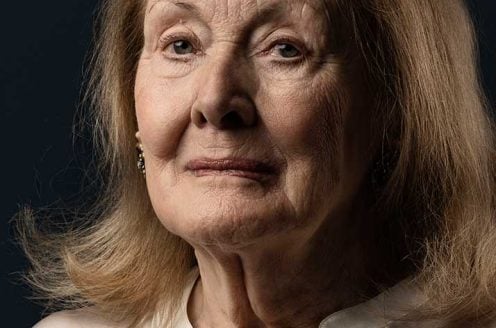Bartleby
Moderator
Love the way Anders Olsson and Ellen Matson analysed the works of Ernaux. Simply beautiful.
Based on the analysis of Ernaux, I believe that Nobel Committee, in the coming years, will award writers from the style/literary school of Ernaux: auto-fiction. It kind of reminded me of the interview Peter Englund had in 2009 about Herta Muller. I don't really know many writers that are considered/grouped in the field of auto-fiction, but I think that's the criteria of the Commitee for some time.
I put you guys this question, if you can guess one writer that was shortlisted for Nobel this year with Ernaux, who will you pick? For me, it's Knausgaard.
I think if we look at the last 3 prizes, one common theme that emerges is personal experience, be it fictional or otherwise. So we have Glück processing her emotions in poetry; Gurnah transforming his personal knowledge of being an refugee (and themes of colonialism his native people suffered) into novels; and now Ernaux excavating her life as truthful as possible - all of them, while talking about intimate affairs, reaching the universal status in the process. So guess we can expect a similar writer next year, one with a very easily definable - and one could say obsessive - personal concern.

